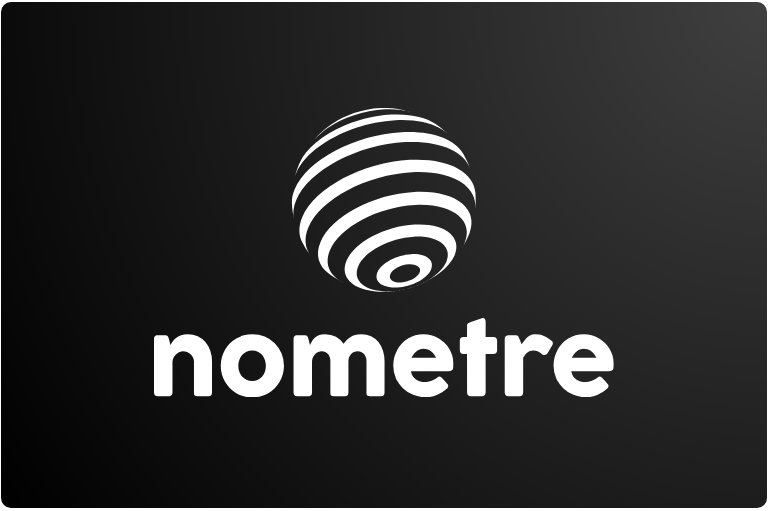The term Nometre may not be widely recognized in everyday conversation, but it holds significance in certain contexts related to measurement and scientific inquiry. This article explores what nometre means, its relevance, and the potential applications it has in various fields. By understanding such terms, we gain insight into the precise language used in science and technology, which plays a crucial role in advancing knowledge and innovation.
At its core, the word “nometre” appears to be a variation or misinterpretation related to the concept of measurement, possibly linked to the term “nanometre” (or nanometer). A nanometre is a unit of length in the metric system, equal to one billionth of a meter (10^-9 meters). It is commonly used to measure extremely small distances, such as the size of atoms, molecules, and microscopic structures.
However, if we consider “nometre” as a distinct term, it might be interpreted as a conceptual or specialized unit or a coined term in niche areas of study. Without specific scientific backing, it could also be a typographical or linguistic variant emerging from translations or informal use.
Units of measurement like meters, nanometers, and possibly “nometres” serve a fundamental role in science, engineering, and daily life. Precise measurement enables researchers to quantify physical properties, conduct experiments, and communicate results universally.
For instance, the nanometre is critical in fields such as:
- Nanotechnology: Where manipulating materials at the atomic or molecular scale requires precise measurement.
- Physics: To describe wavelengths of light or sizes of particles.
- Biology: For understanding cellular and molecular structures.
If “nometre” is related or derived from such units, it underscores the broader importance of precise measurements.
Since “nometre” is not a standard term in the International System of Units (SI) or commonly accepted scientific literature, it might be used in alternative or informal contexts:
- Typographical Variant: Sometimes “nometre” might simply be a misspelling or alternate spelling of “nanometre.”
- Linguistic Adaptation: In some languages or dialects, spellings vary, potentially creating terms like “nometre” to represent a concept similar to “nanometre.”
- Specialized Jargon: Certain industries or research groups might coin “nometre” to describe specific measurements or concepts unique to their work.
- Brand or Product Name: It could also be a brand, company, or product name inspired by the scientific roots of “metre,” used metaphorically to imply precision or advanced technology.
Whether the term is “nometre” or “nanometre,” the underlying principle is the need for accuracy and standardization in measurement. In science and technology, even the smallest unit can make a huge difference:
- In Electronics: Component sizes measured in nanometres impact the performance and power consumption of devices.
- In Medicine: Understanding molecular sizes helps in drug design and delivery.
- In Environmental Science: Measuring particles in nanometres assists in pollution control and analysis.
Precise measurement units enable innovation and breakthroughs that shape modern life.
As technology advances, the need for new units or terms to describe phenomena at different scales grows. If “nometre” is adopted or emerges as a specialized term, it might find a place in scientific discourse or industry-specific language.
The evolution of terminology often reflects the progression of knowledge and technology. As researchers explore smaller scales or more complex systems, language adapts to capture these new realities accurately.
While “nometre” is not currently recognized as a standard measurement unit, exploring the term invites us to reflect on the importance of precise language in science and technology. Whether as a variant of nanometre or a specialized concept, the idea emphasizes how measurement underpins our understanding of the natural world.
By paying attention to terms like “nometre,” we appreciate the continuous journey of discovery, innovation, and communication that drives human progress. As the frontiers of knowledge expand, so too will the vocabulary needed to describe and navigate the intricacies of our universe.
